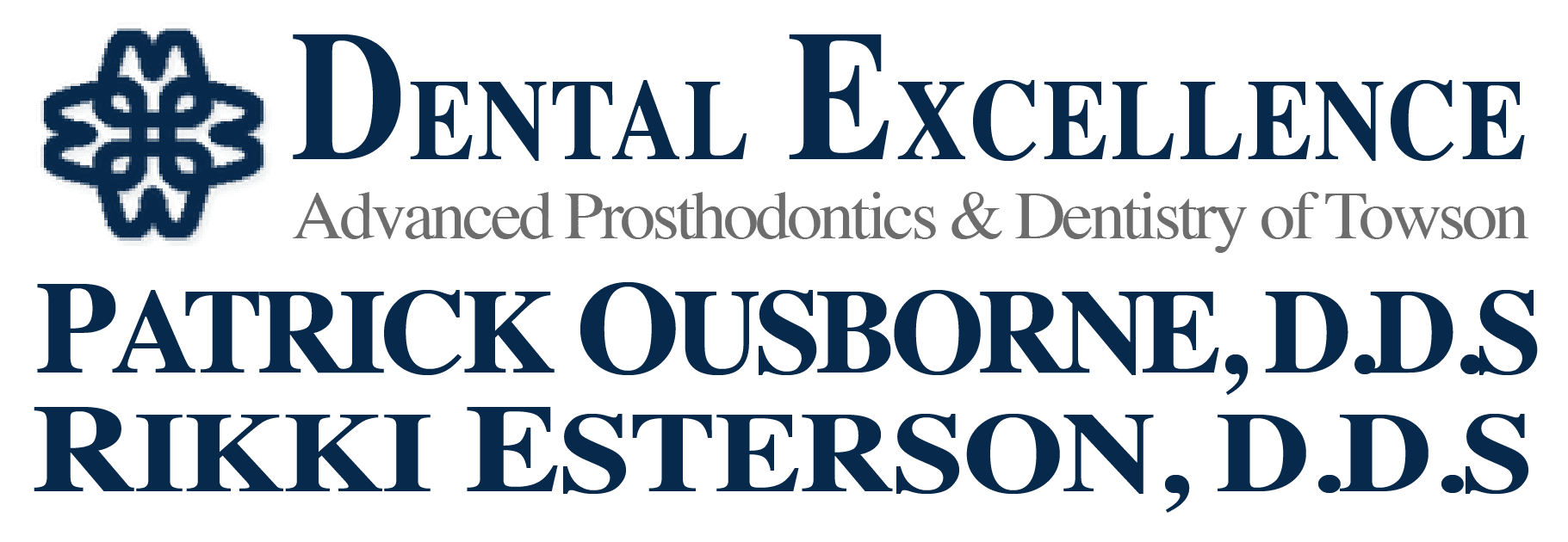The human mouth contains several types of teeth that have specific functions in biting, chewing, and tearing food. We see them every day, yet we may not know much about them. Understanding the different types of teeth and their functions can help you take better care of your oral health.

Types of Teeth
Incisors are the front teeth in your mouth, and they are responsible for biting and cutting food. There are eight incisors in total, four on the top and four on the bottom. Incisors have a sharp edge that allows them to cut through food easily. These teeth also play a role in pronouncing certain sounds when speaking.
Canine teeth, also known as cuspids, are the pointy teeth next to the incisors. They help tear and shred food and are particularly useful for tearing meat. There are four canine teeth in total, two on the top and two on the bottom.
Premolars, also known as bicuspids, are located behind the canines and are responsible for crushing and grinding food. There are eight premolars in total, four on the top and four on the bottom. Premolars have two cusps, which are pointed edges that help them crush and grind food more effectively than incisors and canines.
Molars are the largest and strongest teeth in your mouth, located at the back of your jaw. There are twelve molars in total, six on the top and six on the bottom. Molars have several cusps that allow them to crush and grind food into small pieces. These teeth are essential for chewing and digesting tough or fibrous foods.
While each type of tooth has a specific function, all teeth play an important role in maintaining a healthy mouth. For example, incisors and canines help maintain the shape of your face and support your lips and cheeks. Premolars and molars are essential for chewing and grinding food, which aids in digestion and provides your body with the necessary nutrients.
Protecting Your Teeth
To keep your teeth healthy, practicing good oral hygiene habits such as brushing twice a day, flossing daily, and visiting your dentist regularly for check-ups and cleanings is important. You can also maintain your oral health by eating a healthy and balanced diet that includes plenty of fruits and vegetables, lean proteins, and whole grains.
In addition to good oral hygiene habits, there are several things you can do to protect your teeth from damage. For example, avoid biting on hard objects such as ice, candies, and pens or pencils. If you play contact sports, be sure to wear a mouthguard to protect your teeth from injury. Also, if you grind your teeth at night, talk to your dentist about getting a custom-made mouthguard while sleeping. This can prevent premature wearing of your teeth as well as chips or fractures.
